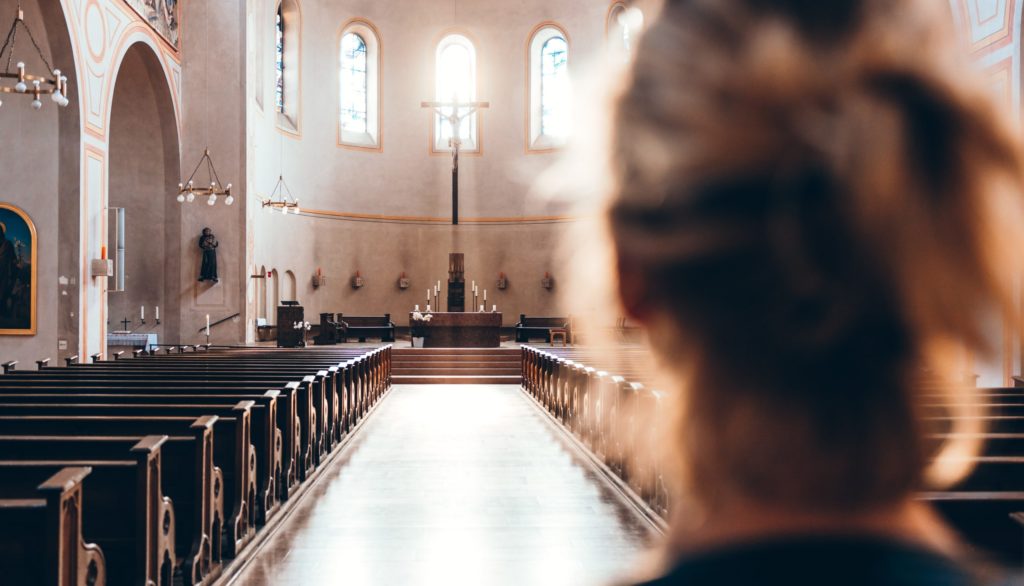 What is happening in Chile? At the gates of a constituent referendum
What is happening in Chile? At the gates of a constituent referendum Chile: religious freedom at stake
Chile: religious freedom at stake Chile: "It is necessary to promote Christian values in the new Fundamental Charter".
Chile: "It is necessary to promote Christian values in the new Fundamental Charter".During the hardest phase of the Covid pandemic, the bishops of the Church in Chile, following the instructions of the Ministry of Health, have given a series of indications on the liturgical ceremonies: the faithful have been exempted from the Sunday precept, prevention measures have been established such as the obligatory use of masks, physical distance inside the temples, suppressing the greeting of peace, administering Communion in the hand, respecting seating capacity in the celebrations, etc.
A violation of rights
In the so-called phase 1 (quarantine), all citizens must remain at home all week, except those who have express permission for work or for essential activities (shopping at the supermarket and pharmacy, funerals, medical hours, etc.) and, in addition, Masses with the presence of the faithful are prohibited.
Last March 12, the Government extended the prohibition of on-site Masses to communes in phase 2 (freedom of movement from Monday to Friday and quarantine on weekends and holidays). The Episcopal Conference immediately raised a strong public protest, considering that religious freedom was unjustly violated. The following day the Ministry of Health acknowledged its mistake and reversed the measure.
Requesting protection
At the same time, the "Community and Justice" Corporation went to a Court of Appeals requesting the protection of the religious freedom guaranteed in the country's Constitution, since the prohibition for Catholics to attend Mass violates "the right to the free exercise of worship". The Court rejected the appeal, stating that it was sufficient for Catholics to participate in Mass on the Internet.
Community and Justice then appealed to the Supreme Court against the Minister of Health for the illegal and arbitrary act of extending the prohibition of holding events with the public, applicable to quarantined communes and, on working days in communes in phase 2, to Masses and other religious services. They pointed out that, although the Ministry of Health may restrict certain rights, "this does not authorize suspending or affecting them in their essence, as in fact occurs by preventing Catholics from attending Mass (...), which violates their right to the free exercise of worship, guaranteed in the Constitution".
The Supreme Court ruling
The Bishop of San Bernardo, Juan Ignacio Gonzalez, as a lawyer, prepared a report to the Court to reject the prohibitions. He requests to specify "if the same authority of the courts, as has happened (in Arica and Concepción), can point out that the telematic attendance to a religious act is enough to satisfy the spiritual need of a person".
Ignacio Covarrubias, dean of the Finis Terrae University Law School, agrees, pointing out that freedom of worship "in the case of Catholics is a sensitive right that cannot be placed on a level similar to other rights such as freedom of movement or trade".
On March 24, the Supreme Court, in a unanimous decision, ruled that people in phase 1 (quarantine) or phase 2 may attend such religious ceremonies, as long as the seating capacity established by the health authority is respected.











